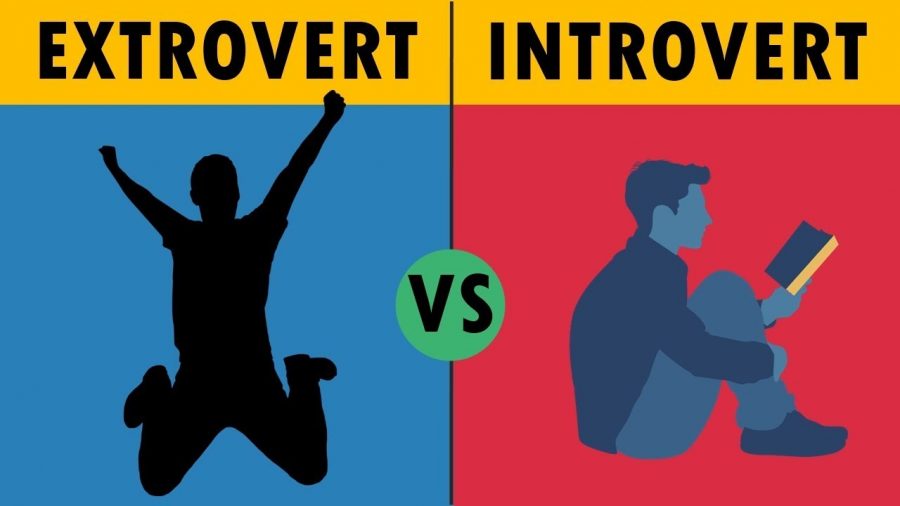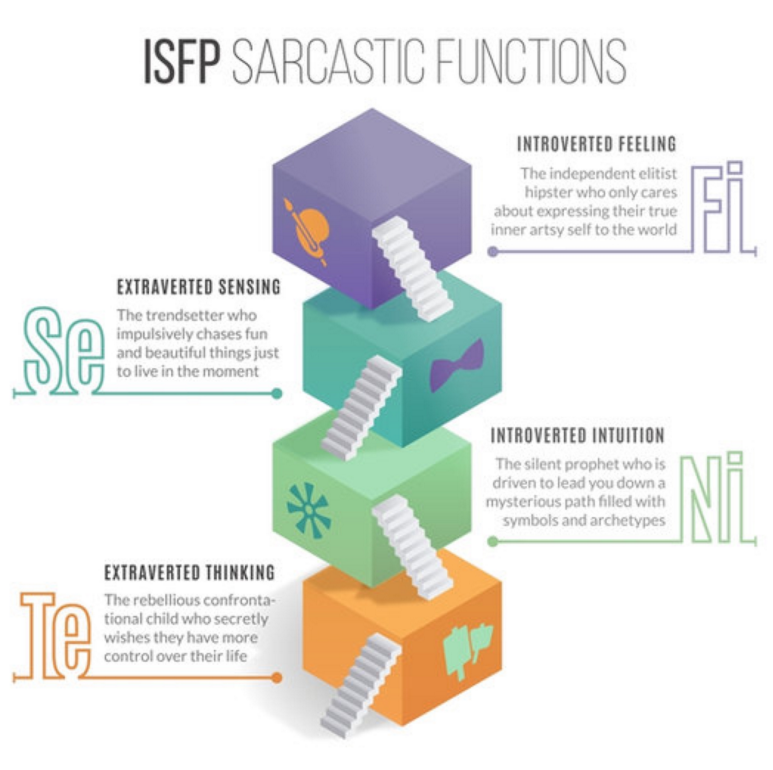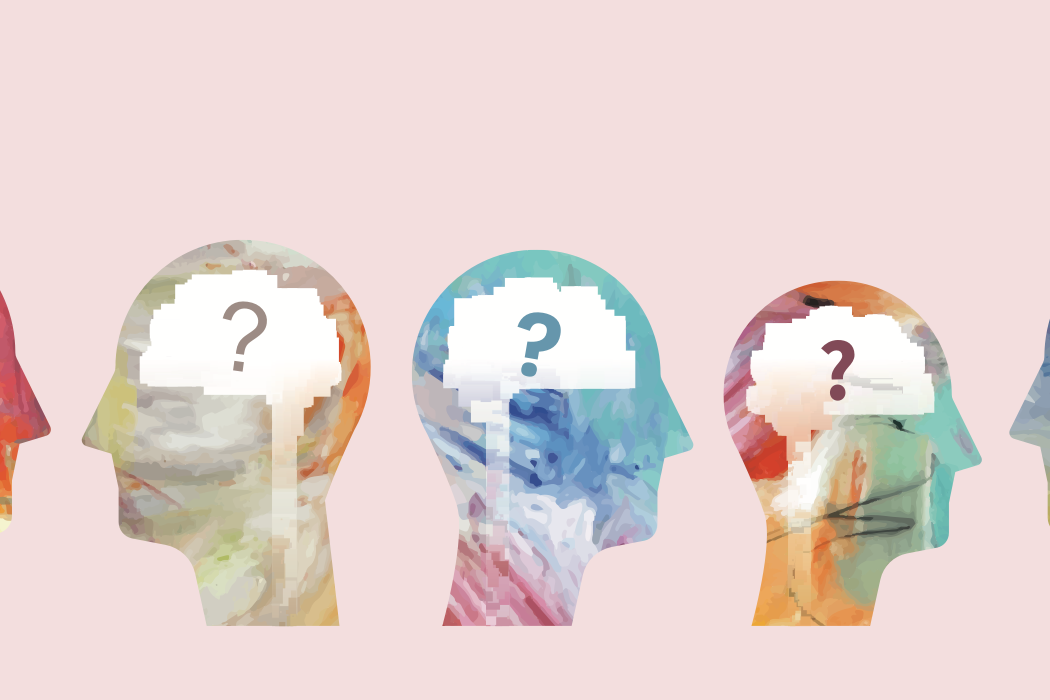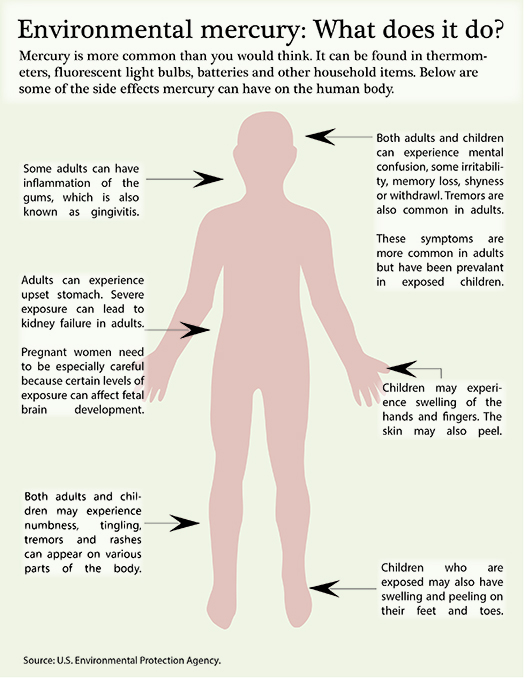Sleep and memory retention
The Impact of Sleep on Learning and Memory | Chronobiology and Sleep Institute
For many students, staying awake all night to study is common practice. According to Medical News Today, around 20 percent of students pull all-nighters at least once a month, and about 35 percent stay up past three in the morning once or more weekly.
That being said, staying up all night to study is one of the worst things students can do for their grades. In October of 2019, two MIT professors found a correlation between sleep and test scores: The less students slept during the semester, the worse their scores.
So, why is it that sleep is so important for test scores? While the answer seems simple, that students simply perform better when they’re not mentally or physically tired, the truth may be far more complicated and interesting.
In the last 20 years, scientists have found that sleep impacts more than just students’ ability to perform well; it improves their ability to learn, memorize, retain, recall, and use their new knowledge to solve problems creatively. All of which contribute to better test scores.
Let’s take a look at some of the most interesting research regarding the impact of sleep on learning and memory.
How does sleep improve the ability to learn?
When learning facts and information, most of what we learn is temporarily stored in a region of the brain called the hippocampus. Some scientists hypothesize that , like most storage centers, the hippocampus has limited storage capacity. This means, if the hippocampus is full, and we try to learn more information, we won’t be able to.
Fortunately, many scientists also hypothesize that sleep, particularly Stages 2 and 3 sleep, plays a role in replenishing our ability to learn. In one study, a group of 44 participants underwent two rigorous sessions of learning, once at noon and again at 6:00 PM. Half of the group was allowed to nap between sessions, while the other half took part in standard activities. The researchers found that the group that napped between learning sessions learned just as easily at 6:00 PM as they did at noon. The group that didn’t nap, however, experienced a significant decrease in learning ability [1].
The group that didn’t nap, however, experienced a significant decrease in learning ability [1].
How does sleep improve the ability to recall information?
Humans have known about the benefits of sleep for memory recall for thousands of years. In fact, the first record of this revelation is from the first century AD. Rhetorician Quintilian stated, “It is a curious fact, of which the reason is not obvious, that the interval of a single night will greatly increase the strength of the memory.”
In the last century, scientists have tested this theory many times, often finding that sleep improves memory retention and recall by between 20 and 40 percent. Recent research has led scientists to hypothesize that Stage 3 (deep non-Rapid Eye Movement sleep, or Slow Wave Sleep) may be especially important for the improvement of memory retention and recall [2].
How does sleep improve long-term memory?
Scientists hypothesize that sleep also plays a major role in forming long-term memories. According to Matthew Walker, professor of neuroscience and psychology at UC Berkeley, MRI scans indicate that the slow brain waves of stage 3 sleep (deep NREM sleep) “serve as a courier service,” transporting memories from the hippocampus to other more permanent storage sites [3].
According to Matthew Walker, professor of neuroscience and psychology at UC Berkeley, MRI scans indicate that the slow brain waves of stage 3 sleep (deep NREM sleep) “serve as a courier service,” transporting memories from the hippocampus to other more permanent storage sites [3].
How does sleep improve the ability to solve problems creatively?
Many tests are designed to assess critical thinking and creative problem-solving skills. Recent research has led scientists to hypothesize that sleep, particularly REM sleep, plays a role in strengthening these skills. In one study, scientists tested the effect of REM sleep on the ability to solve anagram puzzles (word scrambles like “EOUSM” for “MOUSE”), an ability that requires strong creative thinking and problem-solving skills.
In the study, participants solved a couple of anagram puzzles before going to sleep in a sleep laboratory with electrodes placed on their heads. The subjects were woken up four times during the night to solve anagram puzzles, twice during NREM sleep and twice during REM sleep.
The researchers found that when participants were woken up during REM sleep, they could solve 15 to 35 percent more puzzles than they could when woken up from NREM sleep. They also performed 15 to 35 percent better than they did in the middle of the day [4]. It seems that REM sleep may play a major role in improving the ability to solve complex problems.
So, what’s the point?
Sleep research from the last 20 years indicates that sleep does more than simply give students the energy they need to study and perform well on tests. Sleep actually helps students learn, memorize, retain, recall, and use their new knowledge to come up with creative and innovative solutions.
It’s no surprise that the MIT study previously mentioned revealed no improvement in scores for those who only prioritized their sleep the night before a big test. In fact, the MIT researchers concluded that if students want to see an improvement in their test scores, they have to prioritize their sleep during the entire learning process. Staying up late to study just doesn’t pay off.
Staying up late to study just doesn’t pay off.
Interested in learning more about the impact of sleep on learning and memory? Check out this Student Sleep Guide.
Author Biography
Kelly Cappello graduated from East Stroudsburg University of Pennsylvania with a B.A. in Interdisciplinary Studies in 2015. She is now a writer, specialized in researching complex topics and writing about them in simple English. She currently writes for Recharge.Energy, a company dedicated to helping the public improve their sleep and improve their lives.
References
- Mander, Bryce A., et al. “Wake Deterioration and Sleep Restoration of Human Learning.” Current Biology, vol. 21, no. 5, 2011, doi:10.1016/j.cub.2011.01.019.
- Walker M. P. (2009). The role of slow wave sleep in memory processing. Journal of clinical sleep medicine : JCSM : official publication of the American Academy of Sleep Medicine, 5(2 Suppl), S20–S26.
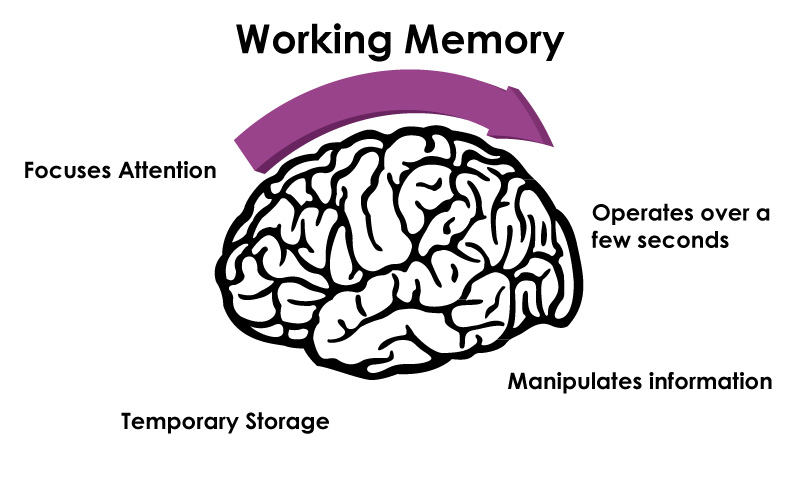
- Walker, Matthew. Why We Sleep. Scribner, 2017.
- Walker, Matthew P, et al. “Cognitive Flexibility across the Sleep–Wake Cycle: REM-Sleep Enhancement of Anagram Problem Solving.” Cognitive Brain Research, vol. 14, no. 3, 2002, pp. 317–324., doi:10.1016/s0926-6410(02)00134-9.
Please enable JavaScript to view the comments powered by Disqus.
Sleep, Learning, and Memory | Healthy Sleep
The Learning Process and Sleep
Sleep, learning, and memory are complex phenomena that are not entirely understood. However, animal and human studies suggest that the quantity and quality of sleep have a profound impact on learning and memory. Research suggests that sleep helps learning and memory in two distinct ways. First, a sleep-deprived person cannot focus attention optimally and therefore cannot learn efficiently. Second, sleep itself has a role in the consolidation of memory, which is essential for learning new information.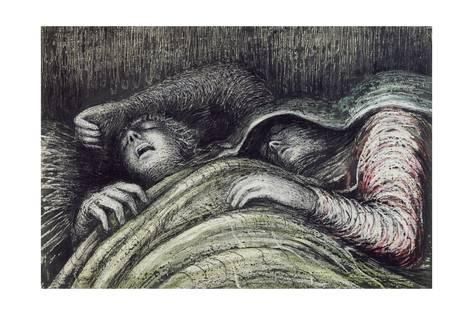
Although the exact mechanisms are not known, learning and memory are often described in terms of three functions. Acquisition refers to the introduction of new information into the brain. Consolidation represents the processes by which a memory becomes stable. Recall refers to the ability to access the information (whether consciously or unconsciously) after it has been stored.
Each of these steps is necessary for proper memory function. Acquisition and recall occur only during wakefulness, but research suggests that memory consolidation takes place during sleep through the strengthening of the neural connections that form our memories. Although there is no consensus about how sleep makes this process possible, many researchers think that specific characteristics of brainwaves during different stages of sleep are associated with the formation of particular types of memory.
Sleep, Learning, and Memory
(1:52)Dr. Robert Stickgold discusses how sleep plays a role in memory, both before and after a new learning situation.
watch video
Sleep researchers study the role of sleep in learning and memory formation in two ways. The first approach looks at the different stages of sleep (and changes in their duration) in response to learning a variety of new tasks. The second approach examines how sleep deprivation affects learning. Sleep deprivation can be total (no sleep allowed), partial (either early or late sleep is deprived), or selective (specific stages of sleep are deprived).
Sleep Stages and Types of Memory
Different types of memories are formed in new learning situations. Scientists are exploring whether there is a relationship between the consolidation of different types of memories and the various stages of sleep.
The earliest sleep and memory research focused on declarative memory, which is the knowledge of fact-based information, or "what" we know (for example, the capital of France, or what you had for dinner last night). In one research study, individuals engaged in an intensive language course were observed to have an increase in rapid-eye-movement sleep, or REM sleep. This is a stage of sleep in which dreaming occurs most frequently. Scientists hypothesized that REM sleep played an essential role in the acquisition of learned material. Further studies have suggested that REM sleep seems to be involved in declarative memory processes if the information is complex and emotionally charged, but probably not if the information is simple and emotionally neutral.
This is a stage of sleep in which dreaming occurs most frequently. Scientists hypothesized that REM sleep played an essential role in the acquisition of learned material. Further studies have suggested that REM sleep seems to be involved in declarative memory processes if the information is complex and emotionally charged, but probably not if the information is simple and emotionally neutral.
Researchers now hypothesize that slow-wave sleep (SWS), which is deep, restorative sleep, also plays a significant role in declarative memory by processing and consolidating newly acquired information. Studies of the connection between sleep and declarative memory have had mixed results, and this is an area of continued research.
Research has also focused on sleep and its role in procedural memory—the remembering "how" to do something (for example, riding a bicycle or playing the piano). REM sleep seems to plays a critical role in the consolidation of procedural memory. Other aspects of sleep also play a role: motor learning seems to depend on the amount of lighter stages of sleep, while certain types of visual learning seem to depend on the amount and timing of both deep, slow-wave sleep (SWS) and REM sleep.
The Impact of Sleep Deprivation on Learning and Performance
Another area that researchers study is the impact that a lack of adequate sleep has on learning and memory. When we are sleep deprived, our focus, attention, and vigilance drift, making it more difficult to receive information. Without adequate sleep and rest, over-worked neurons can no longer function to coordinate information properly, and we lose our ability to access previously learned information.
In addition, our interpretation of events may be affected. We lose our ability to make sound decisions because we can no longer accurately assess the situation, plan accordingly, and choose the correct behavior. Judgment becomes impaired.
Being chronically tired to the point of fatigue or exhaustion means that we are less likely to perform well. Neurons do not fire optimally, muscles are not rested, and the body’s organ systems are not synchronized. Lapses in focus from sleep deprivation can even result in accidents or injury.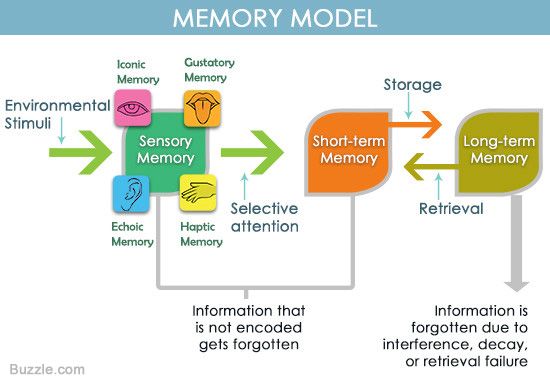
For more information about how sleep deprivation affects performance, see Sleep, Performance, and Public Safety.
Low-quality sleep and sleep deprivation also negatively impact mood, which has consequences for learning. Alterations in mood affect our ability to acquire new information and subsequently to remember that information. Although chronic sleep deprivation affects different individuals in a variety of ways (and the effects are not entirely known), it is clear that a good night’s rest has a strong impact on learning and memory.
Open Questions
Although current research suggests that sleep is essential for proper memory function, there are unanswered questions, as in any area of active scientific inquiry. For example, certain medications will significantly, if not entirely, suppress REM sleep. However, patients taking these medications do not report any memory impairment. Similarly, injuries or disease causing lesions to the brainstem (and subsequently eliminating a person’s REM sleep) have not resulted in any obvious loss of the ability to form new memories.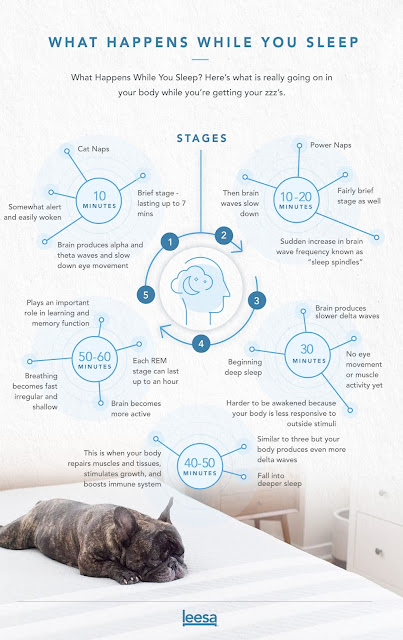 Exploration and debate continue.
Exploration and debate continue.
Not all researchers are convinced that sleep plays as prominent a role in memory consolidation as others believe. In experiments in which animals completed a course through a complicated maze, the animals' amount of REM sleep increased after performing the task. Some researchers believe that the increase in REM sleep reflects an increased demand on the brain processes that are involved in learning a new task. Other researchers, however, have suggested that any changes in the amount of REM sleep are due to the stress of the task itself, rather than a functional relationship to learning.
Researchers are likewise split with regard to the impact of sleep deprivation on learning and memory. For example, rats often perform much worse on learning tasks after being selectively deprived of REM sleep. This suggests that REM sleep is necessary for the animals’ ability to consolidate the memory of how to perform the task. Some scientists have argued that the observed differences in learning are not actually due to the lack of REM sleep, but may be due to the animals not being as well rested because they were deprived a portion of their sleep.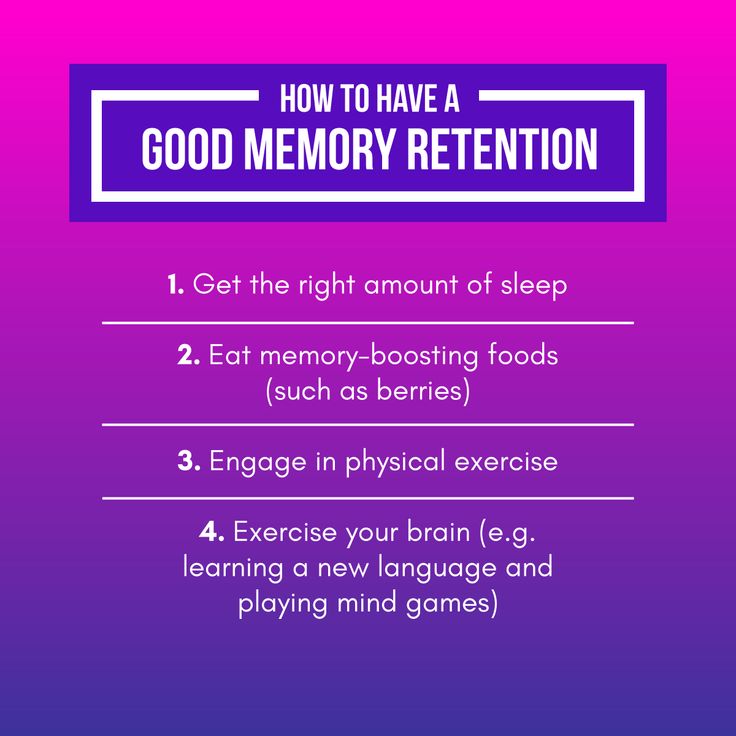
Summary
In the view of many researchers, evidence suggests that various sleep stages are involved in the consolidation of different types of memories and that being sleep deprived reduces one’s ability to learn. Although open questions (and debate) remain, the overall evidence suggests that adequate sleep each day is very important for learning and memory.
back to top
This content was last reviewed on December 18, 2007
Why sleep strengthens memory | Nauka i Zhizn
In order for short-term memory to turn into long-term memory, new interneuronal contacts must form in the brain, and the formation of such contacts best occurs during sleep activity of nerve cells.
The transformation of short-term memory into long-term memory is called memory consolidation, and neuroscientists are hard at work trying to figure out how and why this happens. Quite a long time ago, we managed to find out that the consolidation of memory goes very well during sleep. That is, in order to remember the textbook read before the exam, you need to sleep, then the information, as they say, settles in the head, that is, it goes into long-term storage. There is plenty of evidence for a link between sleep and memory. For example, researchers at the University of California, Riverside found that sleeping pills not only improve sleep, but also improve memory. And their colleagues from the University of California at Los Angeles were able to describe the information processes in the brain that are associated with the consolidation of memory during sleep.
That is, in order to remember the textbook read before the exam, you need to sleep, then the information, as they say, settles in the head, that is, it goes into long-term storage. There is plenty of evidence for a link between sleep and memory. For example, researchers at the University of California, Riverside found that sleeping pills not only improve sleep, but also improve memory. And their colleagues from the University of California at Los Angeles were able to describe the information processes in the brain that are associated with the consolidation of memory during sleep.
Dendritic spines (colored green) on the surface of neuronal processes. (Photo by skdevitt / Flickr.com.)
Dendritic spines (blue dots) on a neuron. (Photo by The Journal of Cell Biology / Flickr.com.)
‹
›
View full size
The fact that such an important process takes place during sleep is not surprising: after all, everyone has long known that sleep is just another form of brain activity.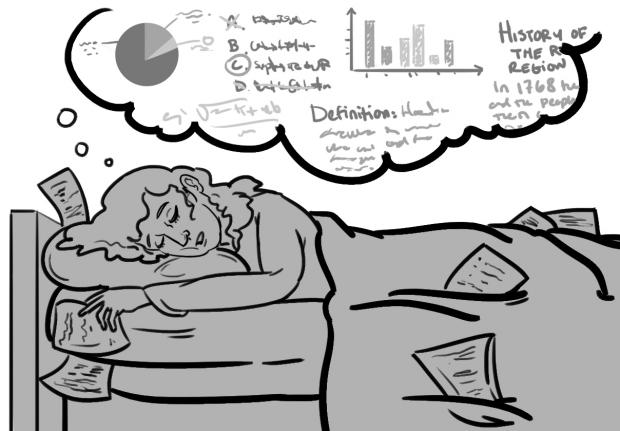 It is believed that specific neural impulses, “sleepy” brain waves, are also associated with the fact that our nervous system is sorting out the information received during the day, until external signals interfere. But for a long time, biologists could not find out how neurons behave in this case, what cellular and molecular mechanisms are involved here.
It is believed that specific neural impulses, “sleepy” brain waves, are also associated with the fact that our nervous system is sorting out the information received during the day, until external signals interfere. But for a long time, biologists could not find out how neurons behave in this case, what cellular and molecular mechanisms are involved here.
To find out what happens to neurons during memory consolidation, Wen-Biao Gan ( Wen-Biao Gan ) and his colleagues at New York University created a genetically modified mouse in which a fluorescent protein was synthesized in the neurons of the motor cortex. With its help, it was possible to observe changes in nerve cells, for example, where and when dendritic spines, special outgrowths on the dendritic processes of nerve cells, are formed. The appearance of a spine indicates that in this place the neuron is ready to make contact with another neuron, in other words, the spine precedes the synapse. Thanks to synapses, neural circuits are formed that are needed to remember information. When we learn to ride a bicycle, for example, new neural circuits are formed in our brain in response to the need to coordinate muscle efforts in a new way. Then, when we get back on the bike, these neural circuits turn on again - unless, of course, they have for some reason disintegrated, if the synapses between neurons have not disappeared. Returning to dendritic spines, we can say that they indicate the reaction of the neuron to new information and the readiness to remember it.
When we learn to ride a bicycle, for example, new neural circuits are formed in our brain in response to the need to coordinate muscle efforts in a new way. Then, when we get back on the bike, these neural circuits turn on again - unless, of course, they have for some reason disintegrated, if the synapses between neurons have not disappeared. Returning to dendritic spines, we can say that they indicate the reaction of the neuron to new information and the readiness to remember it.
Actually, the mice in the experiment were also given something like a bicycle: the animals had to keep their balance on a spinning stick, which rotated faster and faster. Over time, the mice remembered what to do, and no longer fell off it. At the same time, the same dendritic outgrowths appeared in the neurons of the motor cortex - the cells understood that the new stimulus was important for the body and were preparing to form new circuits. Then the researchers changed the conditions of the experiment: mice were trained on a rotating stick for one hour, but then some animals were sent to sleep for seven hours, while others had to be awake for the same time.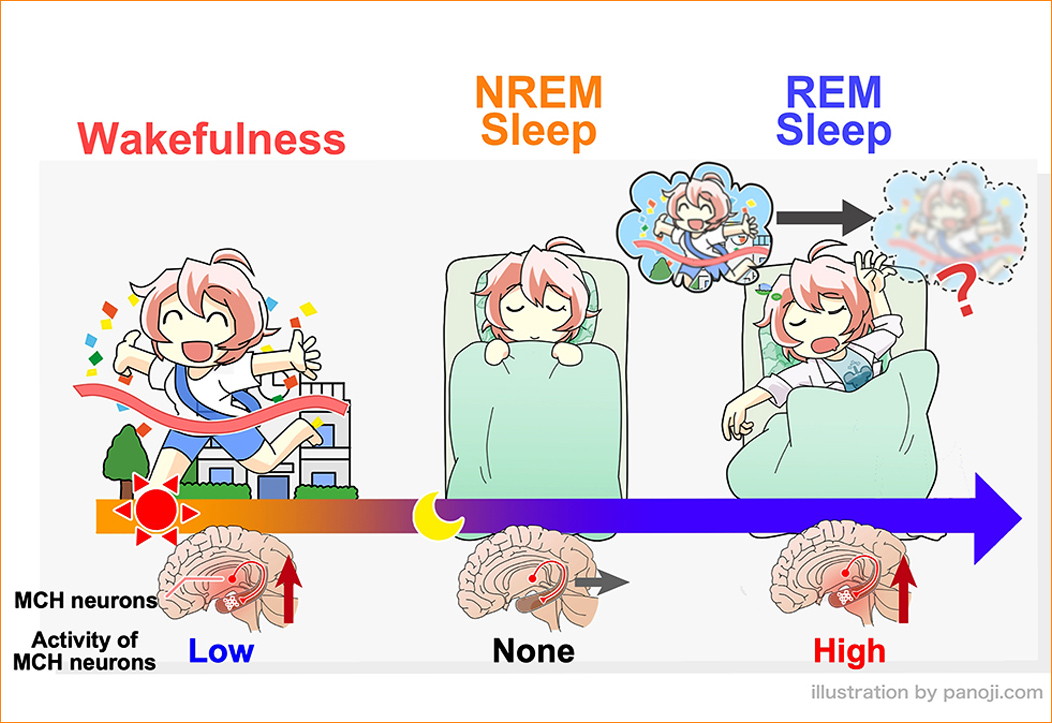 It turned out that in those mice that were allowed to sleep, dendritic spines grew more actively. In other words, sleep helped nerve cells tune in to remembering new information.
It turned out that in those mice that were allowed to sleep, dendritic spines grew more actively. In other words, sleep helped nerve cells tune in to remembering new information.
Moreover, the nature of the appearance of dendritic outgrowths depended on which particular exercise had to be performed. For example, if the mouse had to walk along a rotating stick in one direction, then the spines appeared on some dendrites, and if it was necessary to walk in the other direction, then the spines appeared on other dendrites. That is, the cellular morphology of neuronal processes depended on what kind of information needed to be processed.
Finally, neuroscientists were able to show that the cells in the motor cortex, on which exercise depended, were activated during slow-wave sleep. Such activation during sleep was important for the formation of the notorious spines: if the “sleepy” activity of the cells was suppressed, then the spines did not form. It was as if the brain was replaying to itself what it should have been doing while awake recently—scrolling to remember better.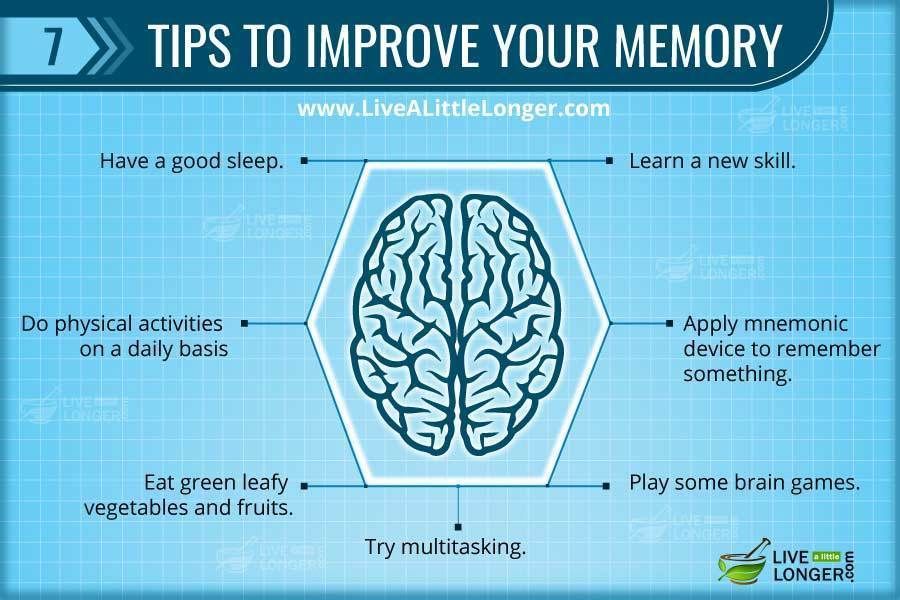
As a result, the following scheme was obtained: neurons during wakefulness receive some kind of stimulus or perform some kind of procedure, then during sleep these cells are activated again, and such re-activation stimulates cellular rearrangements that contribute to long-term memorization of the stimulus. Neuroscientists have long assumed that this is exactly what happens, but now they have managed to obtain experimental confirmation, and not on some fruit flies, but on the brain of mammals. Although, of course, scientists now need to find out what molecular processes are involved here, what kind of genes and proteins control the increase in dendritic spines during sleep, what signaling pathways work here, etc.
Speaking of fruit flies, a few years ago, researchers at Washington University in St. Louis and the University of Wisconsin-Madison did similar experiments with fruit flies, and the results showed the same thing—that sleep is essential for memory consolidation. However, at the same time, neuroscientists observed the cleaning of the Drosophila brain from synapses, that is, there was something like editing nerve circuits, clearing neurons of unnecessary connections that would take resources from the necessary contacts. Most likely, such elimination of unnecessary synapses is not a specific process peculiar only to insects (or arthropods, or invertebrates), and in the brain of higher animals, at the moment of “sleepy” memory consolidation, along with the formation of new synapses, old synapses also break - it remains only to see this in the experiment.
However, at the same time, neuroscientists observed the cleaning of the Drosophila brain from synapses, that is, there was something like editing nerve circuits, clearing neurons of unnecessary connections that would take resources from the necessary contacts. Most likely, such elimination of unnecessary synapses is not a specific process peculiar only to insects (or arthropods, or invertebrates), and in the brain of higher animals, at the moment of “sleepy” memory consolidation, along with the formation of new synapses, old synapses also break - it remains only to see this in the experiment.
Sleep and memory | Readd.org © 2022
A good night's sleep can improve your memory. Any knowledge or information you collect during the daytime takes time to integrate into your brain. When you sleep, your brain is actively working, synthesizing and storing new information and forming new memories.
If you stay up late and shorten your sleep cycle, chances are you won't remember much of the information you've gathered during the day. Each phase of sleep plays a critical role in enhancing memory, so sleep deprivation has the opposite effect.
Each phase of sleep plays a critical role in enhancing memory, so sleep deprivation has the opposite effect.
Sleep stages
Healthy sleep is the completion of approximately five sleep cycles. When you sleep, your brain continues to work. Your neurons work differently during different stages of sleep to integrate memories into your brain. Sleep deprivation affects the functioning of these neurons, impairing memory processing and reconsolidation.
Loss of sleep can lead to cognitive and emotional problems, so people suffering from sleep disorders often have psychological problems. In fact, a recent study shows that lack of sleep affects your memory in the long run, which can lead to Alzheimer's disease. The average adult needs 7 hours of sleep to feel well rested, which also allows time for memory reconsolidation.
Sleep is divided into four stages. The first three stages are categorized as NREM (non-rapid eye movement) sleep, and the last stage is categorized as REM (rapid eye movement) sleep. You begin sleep in the NREM sleep phase, followed by the REM sleep phase. The two types of stages follow an alternative pattern. REM sleep is shorter in the first hours of sleep but increases in later sleep cycles. All stages of sleep are important for memory retention.
You begin sleep in the NREM sleep phase, followed by the REM sleep phase. The two types of stages follow an alternative pattern. REM sleep is shorter in the first hours of sleep but increases in later sleep cycles. All stages of sleep are important for memory retention.
Non-rapid eye movement sleep
Non-REM sleep consists of three stages. Stage 1 occurs early in sleep and is characterized by slow eye movement. In stage 2, your body temperature drops and your heart rate begins to slow down. Eye movement stops at this stage as you progress to stage 3.
At the 3rd stage of non-REM sleep, slow high-amplitude EEG oscillations are recorded. This stage is also called slow-wave sleep (SWS). Slow wave activity (SWA) at this stage induces deep sleep. SWS dominates during early sleep cycles. It decreases in intensity and duration during the later hours of sleep.
Rapid eye movement sleep
Rapid eye movement sleep is characterized by rapid and low-amplitude EEG fluctuations. During REM sleep, your brain mimics the waking state. Neuronal activity reproduces the state of wakefulness.
During REM sleep, your brain mimics the waking state. Neuronal activity reproduces the state of wakefulness.
Types of memory
Memories occur when your brain remembers past information or experiences. There are three types of memory: sensory, short-term and long-term. Usually, "memory" refers to long-term memory because long-term memory is retained for a longer period of time compared to sensory or short-term memory.
Sensory memory
Sensory memory captures stimuli gathered by our five senses. For example, you can remember the exact details of sights, smells, or sounds. But you will remember them for a very short moment, maybe half a second. If sensory memory stays with you for more than half a second, it becomes short-term memory.
Short term memory
Short term memory stays in your brain until you need to remember it in a few minutes. Short-term memory is also called working memory.
For example, remember what to buy at the grocery store. All the items you need to buy stay in your short-term memory. Once you're done shopping, the information will disappear or become a long-term memory. If you bought something out of the ordinary, you can think about it more so that the memory lasts longer.
All the items you need to buy stay in your short-term memory. Once you're done shopping, the information will disappear or become a long-term memory. If you bought something out of the ordinary, you can think about it more so that the memory lasts longer.
Long-term memory
Long-term memory is the most complex form of memory and has various subtypes. Information can be stored in your long-term memory forever. Everything you remember from 10 minutes to 20 years ago is part of long-term memory. Long-term memory is divided into declarative memory and procedural memory.
Declarative memory
Declarative memory includes facts, general knowledge, learning objectives, and personal experiences accumulated over time. This type of memory is subdivided into episodic memory and semantic memory.
- Episodic memory . Episodic memory involves remembering information about events in your life. For example, remember something from childhood or youth.

- Semantic memory : Semantic memory processes and stores information that is not derived from personal experience. For example, remembering the capitals of states or the meanings of words. Semantic memory includes information collected in the form of general knowledge or during academic study assignments.
Procedural memory
Procedural memory is related to your motor learning skills. For example, you remember how to swim or ride a bike thanks to your procedural memory. Muscle memory is a type of procedural memory.
How long-term memory works
To create long-term memories, your brain goes through a process of encoding (storing experiences) and then consolidating (processing information and moving it into the brain's memory banks). Your ability to access these memory banks is known as the search process. Sleep plays a critical role in memory consolidation. You will be able to access well-consolidated memories more easily.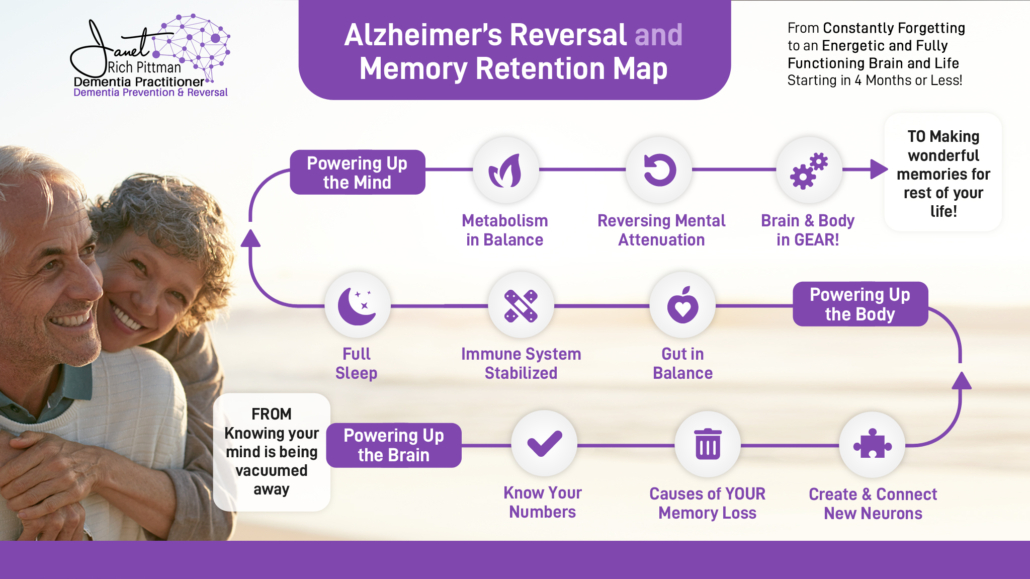
Encoding
During encoding, your brain receives a stimulus to form a new memory trace. This memory trace is vulnerable to decay. You can quickly forget about new memory traces if they are not well fixed. When a new memory trace is encoded, it is stored in the rapidly learning hippocampus (part of the brain). The hippocampus stores information quickly. But the information may soon be forgotten due to interference from new encodings.
Strengthening
Sleep triggers the brain waves necessary for memory consolidation. These brainwaves transmit encoded information to the slowly learning neocortex. If memory traces are not moved from the hippocampus to the neocortex, they are forgotten. The many sleep waves generated during different stages of sleep cause changes in neural connections called synaptic plasticity. This synaptic plasticity moves memory traces from the hippocampus to the neocortex.
Recall
When you recall information stored in your brain, you retrieve memories.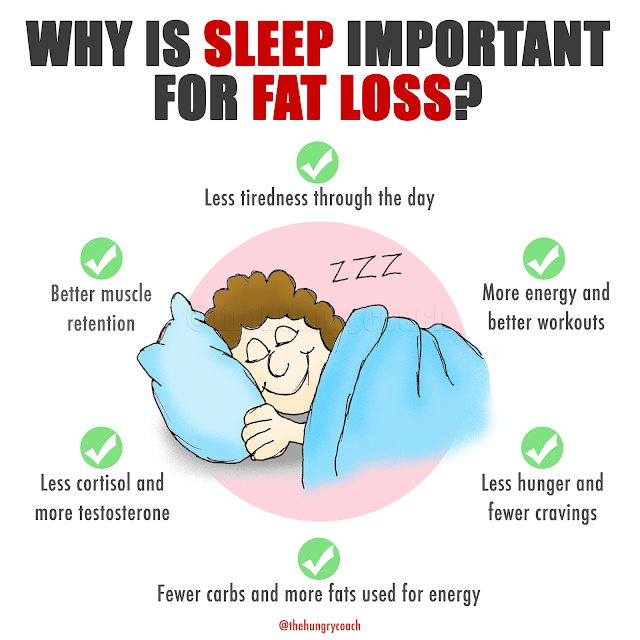 A well-consolidated memory can be reclaimed quickly. The processes of coding and searching take place while you are awake. But the process of consolidation occurs during sleep.
A well-consolidated memory can be reclaimed quickly. The processes of coding and searching take place while you are awake. But the process of consolidation occurs during sleep.
The role of sleep in memory
Sleep can improve memory processing and integration in a variety of ways. Some theories suggest that sleep promotes memory retention by preventing new stimuli from interfering. Other theories say that sleep triggers reactions in the brain to reconsolidate memories.
Sleep protects memory from interference
Newly acquired memory interferes with previous memories, preventing proper assimilation. When you sleep, you are not alert enough to encode new stimuli by reducing noise (new information). Sleep passively promotes memory consolidation by preventing retroactive interference.
Each stage of sleep affects memory consolidation
In the 70's, SWS was thought to promote declarative memory and REM sleep increased procedural memory. But new research shows that both stages of sleep affect memory consolidation.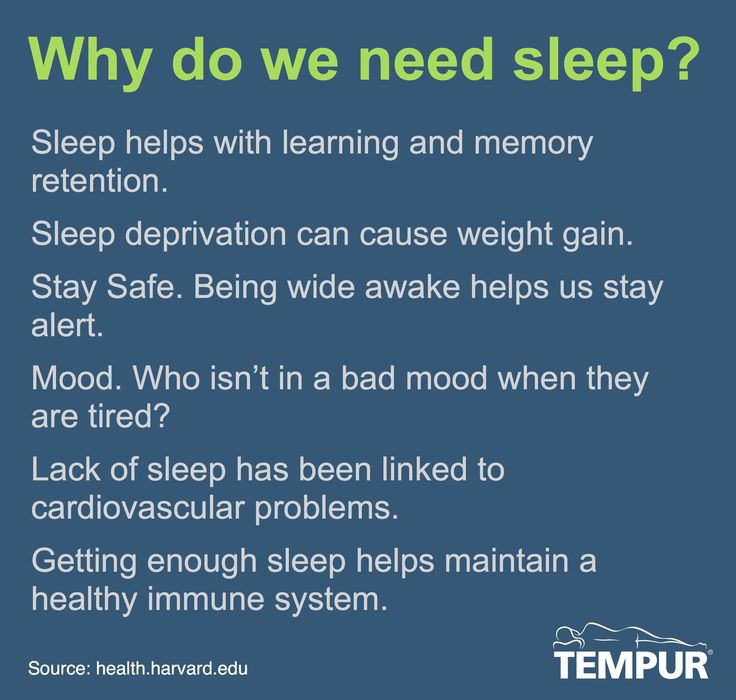 The performance of tasks related to declarative and procedural memory improved after 90-minute sleep, not 60-minute sleep.
The performance of tasks related to declarative and procedural memory improved after 90-minute sleep, not 60-minute sleep.
Due to the unique sleep process, the early hours of sleep are dominated by NREM and the later hours by REM. During a 60-minute nap, there is less chance of REM sleep. A 90 minute nap will likely include a sleep cycle in both SWS and REM.
Sleep revives memories
Slow wave sleep strengthens your memories. These memories are played over and over again to help your brain "remember" them. Your brain then becomes familiar with this information and stores it in long-term memory. Signs of memory reactivation during sleep are recorded by neuroscientists by imaging brain activation using positron emission tomography (PET) or functional magnetic resonance imaging (fMRI).
The Science of Sleep and Memory
During sleep, several areas of the brain experience several electrophysiological and neurophysiological processes. These actions of neurobiol enhance the process of memory consolidation during sleep.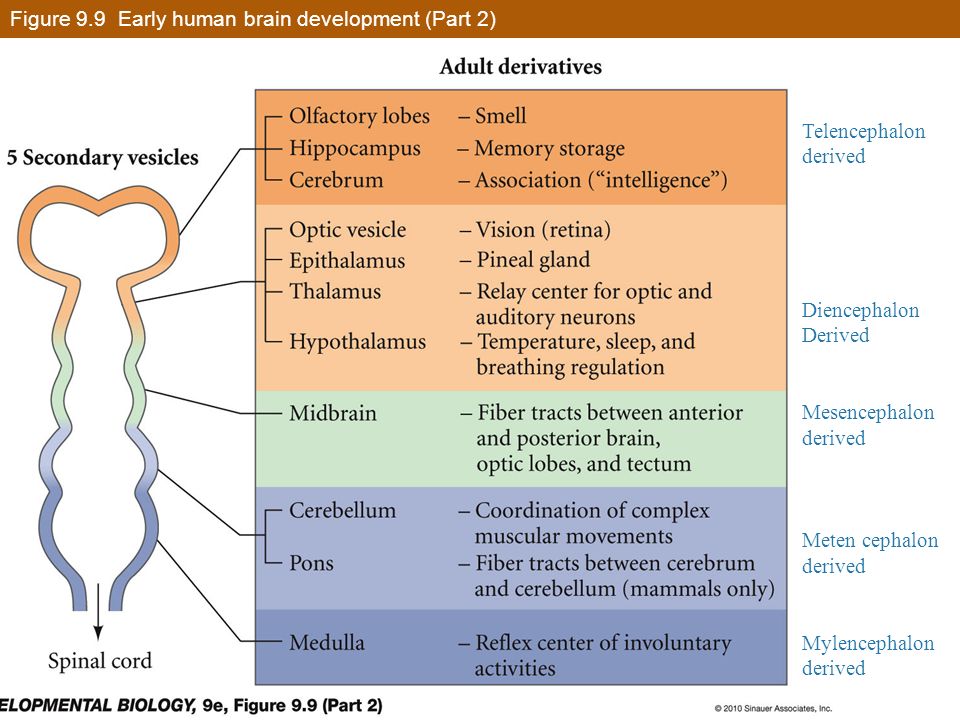 When place cells (excitatory neurons) produce electrical signals, these signals form brainwaves.
When place cells (excitatory neurons) produce electrical signals, these signals form brainwaves.
Brain waves oscillate at different frequencies, integrating information into long-term memory. In fact, when you sleep after training, there is an increase in electrophysiological and neurophysiological activity in your brain. More learning triggers these activities to better manage and store information.
Slow Waves
Research shows that intensive training involving declarative memory increases slow waves during non-REM sleep. These fluctuations combine memory traces into long-term memory for future retrieval.
Sleeping spindles
Sleep spindles are bursts of neural oscillatory activity. These oscillations occur in the frequency range from 10 to 15 Hz (frequency unit) and last from 0.5 to 3 seconds. Intensive study of declarative memories, such as word pairs, increases the number of spindles during non-REM sleep.
Another study found that only participants who showed increased spindle activity after learning pairs of words also remembered their knowledge better the next morning.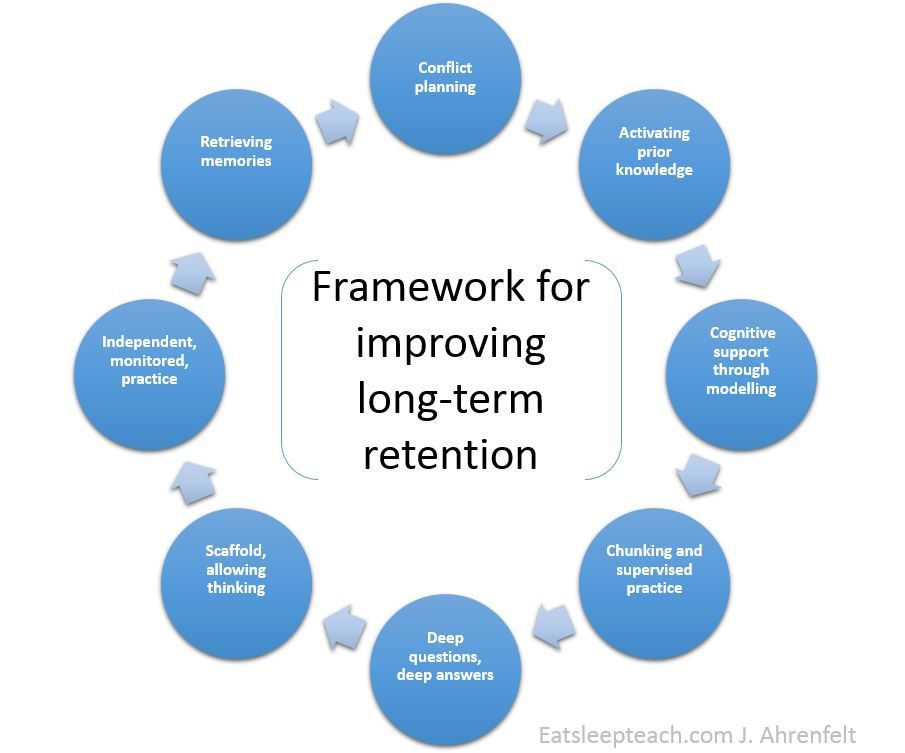 These sleep spindles reactivate memory, thereby improving the processing and integration of information in your brain.
These sleep spindles reactivate memory, thereby improving the processing and integration of information in your brain.
Sharp wave ripples
Sharp wave ripples (SW-R) are oscillatory patterns that occur in the hippocampus during sleep. Several neurotransmitters and neuromodulators released during sleep enhance SW-R in distributing information to different areas of the brain for episodic memory consolidation. SW-R brings together newly acquired and pre-existing information that influences creative thinking, planning, and decision making.
PGO waves and theta rhythms
While slow wave oscillations, sleep spindles and acute wave pulsations are observed during NREM sleep, PGO waves and theta waves are observed during REM sleep. PGO waves are bursts of electrical potentials that originate in the pons (part of the brain stem) and reach the occipital lobes (the posteriormost lobes in each cerebral hemisphere). These brainwaves promote communication between different areas of the brain, enhancing memory consolidation.
Theta waves are nervous oscillatory movements that occur in the hippocampus during REM sleep. Theta waves repeat three to seven times per second and help coordinate activity between distant regions of the brain. PGO and Theta waves work in sync to improve memory.
Sleep Tips
A consistent healthy sleep schedule will improve the quality of your sleep and will definitely improve your long-term memory. Delayed or disturbed sleep can affect the process of memory consolidation. You can process both learning and motor memory better if you get 7 or more hours of sleep on most nights. Follow these tips to sleep peacefully and undisturbed.
- Avoid exposure to blue light one to two hours before bedtime.
- Avoid caffeine after dinner and limit your caffeine intake as much as possible.
- Use time and food types to support your sleep
- Go to bed and wake up around the same time every day
- Find out when exercise and warmth (eg shower, bath, etc.
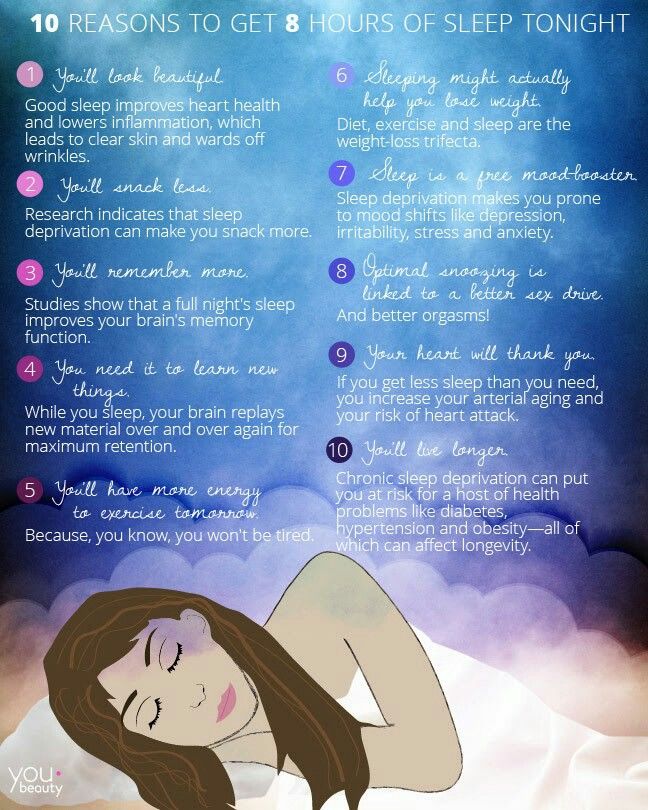 ) can optimize time lower core body temperature at bedtime.
) can optimize time lower core body temperature at bedtime.
Frequently Asked Questions
What is the difference between short term memory and long term memory?
Short-term memory has a limited capacity and can only hold items for short periods of time. Long-term memory can store an unlimited amount of information forever. If you frequently use information from your short-term memory, it then moves into your long-term memory.
Does sleeping pills cause memory loss?
Regular use of over-the-counter or prescription sleeping pills can lead to permanent memory loss in the long term. Healthy sleep strengthens your long-term memory. But sleeping pills reduce the activity of neurons that help consolidate memories. In fact, a recent study found that older people who took sleeping pills were 40% more likely to develop dementia within 15 years than those who didn't take sleeping pills.
Which stage of sleep is more important for improving memory?
The REM and NREM stages play an equally important role in improving memory.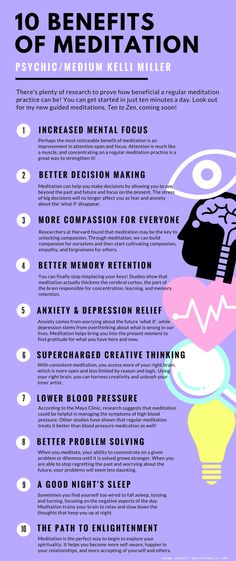 Sleep deprivation at any of the stages may impair memory consolidation or recall. Several electrophysiological and neurophysiological activities occur during all stages of sleep, improving our memory.
Sleep deprivation at any of the stages may impair memory consolidation or recall. Several electrophysiological and neurophysiological activities occur during all stages of sleep, improving our memory.
What is healthy sleep?
A healthy night's sleep lasts 7 to 9 hours for the average adult. Some people need 4 sleep cycles to feel well rested, while others may need 6 sleep cycles. Each sleep cycle lasts about 90 minutes. You experience NREM and REM sleep phases in every sleep cycle. Pay attention to the overall feeling of peace and focus to make sure you are having a healthy sleep. Sleep expert Dr. Colleen Ernstrom reminds us that sleep is not the same every night and there will be variations, as is the case with our appetite and our energy. Focus less on hours each night and more on weekly averages.
What is good sleep hygiene?
Sleep hygiene includes certain behaviors that promote healthy, restful sleep. This also applies to a sleep-friendly environment.
